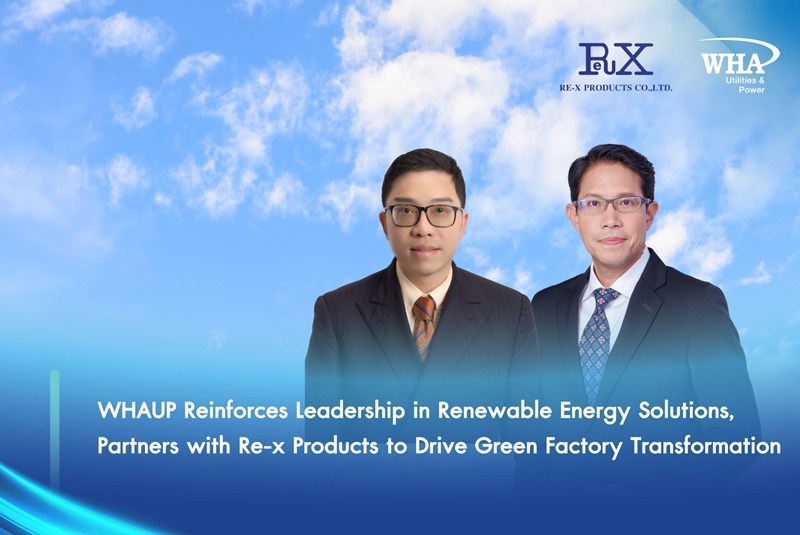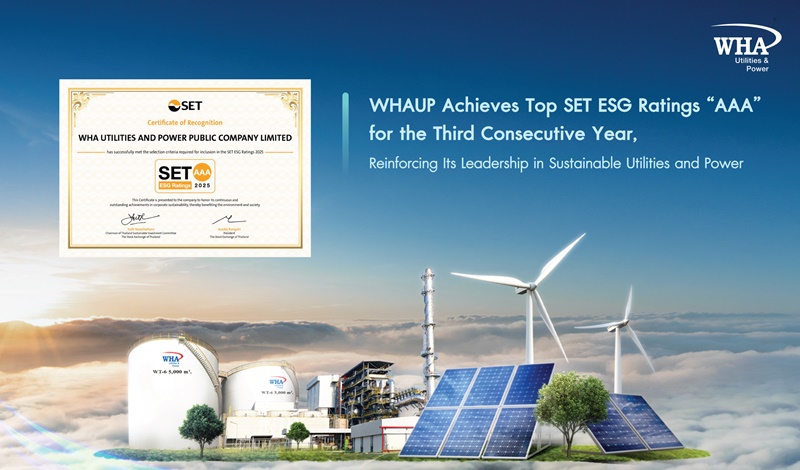Company News
EV Adoption in the Logistics Sector
The economic and social expansion of the traditional industrial capitalist economy has resulted in environmental impacts and climate change that are affecting more and more areas. To address this, there is a new emphasis to focus on sustainable business development, along with environmental and social awareness.
Among industries, logistics is among the main producers of greenhouse gases, the leading cause of climate change. According to the World Resources Institute’s Climate Watch platform, the global transport and logistics industry is the third-largest producer of greenhouse gases, accounting for approximately 16% of total greenhouse gas emissions, with road transport accounting for the largest proportion.
To address these issues, the logistics industry is currently adopting innovations that are in line with sustainability and Net Zero Emissions goals of the global community, including environmental rules, regulations and criteria. One solution receiving a lot of attention is the use of electric vehicles (EVs) to significantly reduce carbon dioxide and other greenhouse gases arising from transportation and logistics activities.
The transition to EVs in the transport and logistics industry is supported by a number of factors, including investors’ focus on the environment that forces businesses to adjust their activities significantly. Moreover, the use of EVs can help reduce business costs for companies in terms of fuel and maintenance, and help lower trade barriers from countries with more stringent environmental measures such as carbon border taxes, which could increase costs to non-adaptive businesses.
Today, logistics companies and in-house logistics are reviewing their strategies and directions to adopt EVs into their operations. For example, shipping giant FedEx aims to convert all its delivery vehicles to EVs by 2040, invest in charging stations, and build partnerships with utility companies to develop more sustainable power grids. Integrated logistics service provider Maersk targets to reduce carbon dioxide emissions in all activities throughout the supply chain and use EVs for parcel transportation in urban areas. Meanwhile, the world’s largest furniture brand IKEA has successfully implemented EVs for delivery in New York City and aims to replace all its delivery vehicles by 2025.
Although the use of EVs in the industry is increasing steadily, upgrading to fully eco-friendly logistics will still require cooperation from the government sector to promote the use of alternative energy. In addition, fostering public awareness and a deeper understanding of the environment’s importance is essential for the sustainable growth of the business sector.
Ms. Jareeporn Jarukornsakul
Chairman of the Executive Committee and
Group CEO of WHA Corporation PCL




